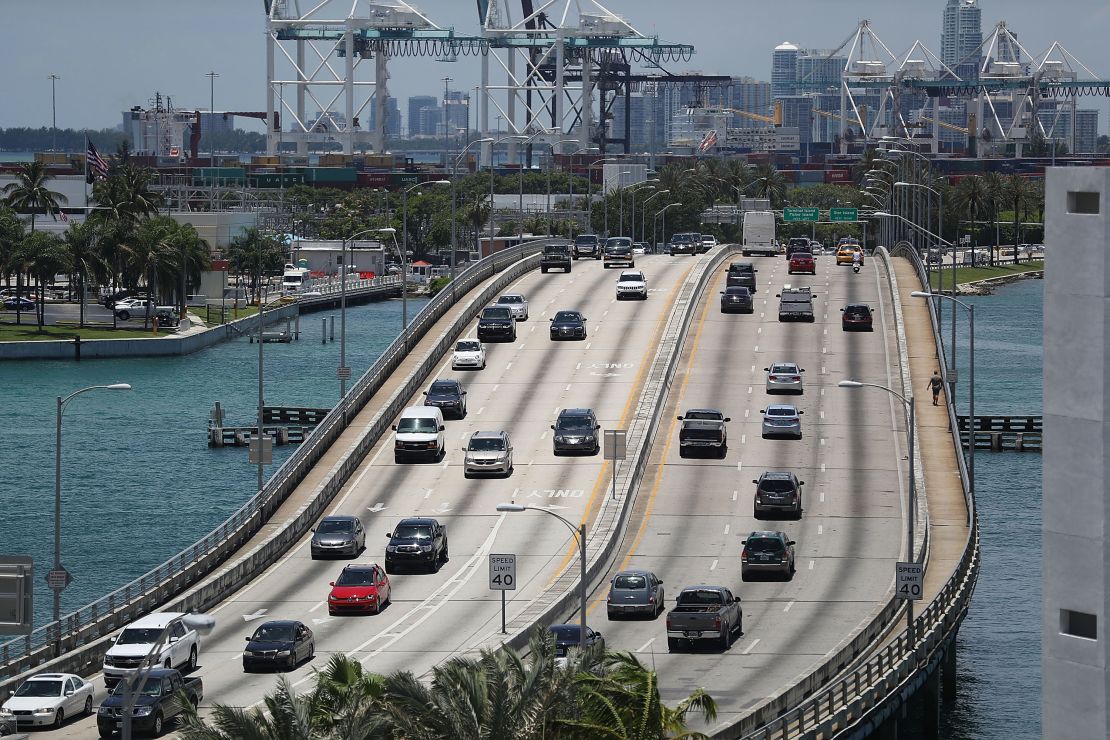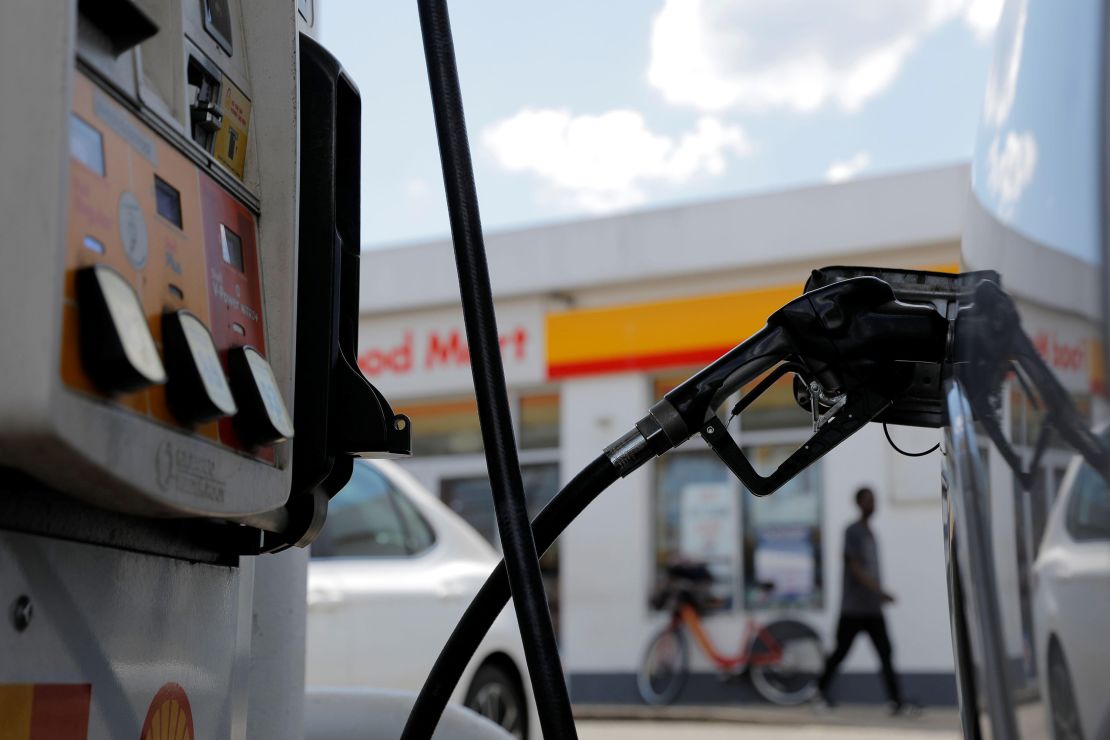People are getting Covid-19 vaccinations. Restrictions are being loosened or lifted. And many folks are ready to take off as Memorial Day weekend 2021 approaches.

But while many of us have focused a lot on personal health while weighing travel decisions during this phase of the pandemic, what about the health of our vehicles?
If you’re like many people, you probably didn’t use your car for many long trips in the past year. For some people, the car even sat idle.
So before you head out on the road this coming holiday weekend (Memorial Day is Monday, May 31) or later in the summer travel season, give your car a much-needed “health check.” Read on for how to play road doctor and give your vehicle a wellness exam.
How to prep your car for a road trip

The experts at YourMechanic.com – a car repair startup that comes to customers’ homes – have identified some of the things you should do before you begin a road trip:
– Check your tire pressure. Look over your tires for bald spots. Also gauge your tire pressure to avoid spontaneous tire blowouts or tears.
– Get your battery tested. If the charge is below 12 volts or there is damage or heavy corrosion to the terminals, replace the battery so you don’t find yourself trapped on the road.
– Remember the air filter. Keep your car air fresh and cool by cleaning out and possibly changing air filters before a long road trip. This is especially important if you plan to drive during the day in the sun.
– Pack light. Read up on your car’s weight load capacity in your owner’s manual so that you don’t overload your tires or car engine.
In an email interview with CNN Travel, Anthony Rodio, CEO of YourMechanic.com, said that “after staying parked for months or weeks, the top issues plaguing car owners are dead batteries and deflated tires.”
“You’ll know if your battery is dead if your engine won’t start. But tires can be trickier,” Rodio said. “Even full-looking tires can actually have inadequate tire pressure … so be sure to inflate all four tires to the vehicle’s recommended levels.”
Don’t forget your fluids
Cars can get thirsty just like their passengers.
“Engine oil and fluids are one of the most neglected car maintenance items,” Rodio said. “Timely oil changes are essential to car care because lubrication prevents friction between expensive metal engine parts.”
He also said oil is not a good place to go cheap. He recommends springing for a high quality oil “because it tends to last longer and is formulated to withstand extreme temperatures during hot summer months.” You can ask your mechanic for suggestions.
“Before a road trip, you’ll also want to be sure that your fluids, such as antifreeze and coolant, are fresh and full,” he said.
How to find cheaper gas

People still driving during the early part of the pandemic got spoiled on gas prices. But as the economy roars out of its pandemic slumber, prices on some things have shot up. That includes gasoline. (And the recent Colonial Pipeline cyberattack didn’t help matters in the Southeast).
Gas apps can help you in your quest to find less expensive gasoline. Here are a handful of popular options you might consider downloading to your smartphone:
– AAA Mobile: The mobile version of the famous AAA TripTik Planner comes with membership. Get price info along with best route planning.
– Gas Buddy: They also offer a card to save money on gas purchases.
– Gas Guru: Owned by Yellow Pages, it offers intel on car washes, auto repair and ATMs as well as gas prices.
– Geico: The insurance company has a mobile app to help you locate good prices near you.
– Waze: This crowdsourcing navigation app can also help send you to stations with cheaper prices.
How to stretch out a tank of gas
Top places to see across the USA
So you’ve tanked up on the best fuel bargain around. Now, how can you stretch out that full tank? AAA has some ideas. Here are few highlights:
– Drive the speed limit. AAA says aerodynamic drag causes fuel economy to drop off significantly as speeds increase above 50 mph.
– Don’t idle for too long. If your car will be stopped for more than 60 seconds, turn off the engine to save fuel. Many newer cars have automatic engine stop-start systems that do this.
– Develop a “coastal” state of mind. When coming up to a red light or stop sign, ease your foot off the gas early and allow your car to coast to a slower speed until you need to apply the brakes.
– Use your cruise control. This helps you keep a constant speed and save fuel. But AAA warns never use cruise control on slippery roads that could lead to a loss of control.
– Shields up! In hot weather, spread out a windshield sunscreen to lessen heat buildup. This reduces your need for air conditioning – and thus fuel – to cool down the car.
If it’s not blazing hot, try natural cooling.
“People are also surprised to learn that air conditioners use a lot of gas, so crack open the windows for a natural breeze when possible,” Rodio said.
Finally, regular maintenance of “spark plugs, fuel injector, air filters and fluids will help your engine run efficiently and avoid using too much gas,” he said.
Top image: Getty Images

























